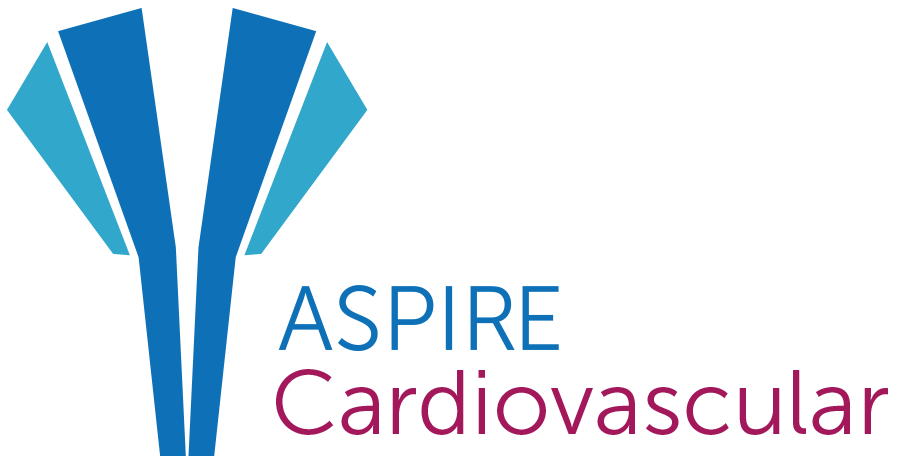|
Dear Colleague
Are you or any of your collaborators involved in PCSK9-related research and looking for funding to support your work?
See below or click here for further details on ASPIRE Cardiovascular, a Pfizer-supported independent competitive grants program awarding individual grants of up to US $200,000 from a total fund of US $2 million to support projects which bring new insights or advance the understanding of the role of the PCSK9 protein/gene in health and disease.
Application deadline: March 13, 2016
Forward to colleagues » |
New for 2016 – Individual grants of up to US $200,000 available from a total fund of US $2 million!
The 2nd Annual ASPIRE Cardiovascular Competitive Research Grants Program
Investigating the role of PCSK9 in health and disease
| |
|
|
As part of the Advancing Science through Pfizer Investigator Research Exchange (ASPIRE) program, Pfizer is proud to announce the 2nd annual ASPIRE Cardiovascular Competitive Research Grants Program for research projects investigating the role of PCSK9 in health and disease.
Through the ASPIRE Cardiovascular program, Pfizer is supporting its commitment to PCSK9 research in the global fight against dyslipidemia and atherosclerosis. Following on from the success of last year’s inaugural program, the intent of the 2016 ASPIRE Cardiovascular program is to fund grants of up to US $200,000 from a total fund of US $2 million.
Specific scientific questions of interest are those bringing new insights into or advancing the understanding of the role of the PCSK9 protein/gene in health and disease. Projects that offer novel mechanistic insights would
be welcomed.
|
Pre-identified research themes eligible for this research award program include:
- Pathophysiology of non-diabetic or diabetic dyslipidemia and its relation to atherosclerotic vascular disease, including genetic, transcriptomic, metabolomic, lipidomic, proteomic, and clinical aspects
- Lipoprotein particles, cellular lipoprotein receptors, and lipid homeostasis
- Role of PCSK9 in:
– Lipoprotein (a) metabolism
– Tumorigenesis
– Immune system
– Infectious diseases
– Vascular biology
- Pathophysiology of cardiovascular diseases other than atherosclerosis (e.g., vein graft failure, thrombosis, valvular heart disease, stroke)
- Non-lipid/lipoprotein effects of PCSK9 (e.g., role of PCSK9 in the central nervous system, intestine, pancreas, adrenals, adipose tissue, kidneys, gonads, etc.)
- Biochemistry of PCSK9 (structural biology and mechanistic implications)
- Identification of the unmet needs and/or residual risk in high risk secondary/primary prevention patients that may be addressed by PCSK9 inhibitors (i.e., retrospective database analyses, cohort studies utilizing existing populations, etc.). Such patients will be receiving lipid-lowering therapy in accordance with optimal current standards of care.
The following types of research projects are considered in scope and will be eligible for this program:
- Basic/pre-clinical/clinical science (i.e., animal models, in vivo/in vitro studies)
- Outcomes/epidemiological research to understand the unmet needs and/or residual risk in high risk secondary/primary prevention patients that may be addressed by PCSK9 inhibitors (i.e., retrospective database analyses, cohort studies utilizing existing populations, etc.). Such patients will be receiving lipid-lowering therapy in accordance with optimal current standards of care.
Out of scope research includes:
- Any study involving the use of a PCSK9 inhibitor
- Studies focusing only on the measurement of PCSK9 blood concentrations and its association with other biomarkers
- Studies involving investigational products
- Studies comparing a competitor drug versus a Pfizer product
- New prospective epidemiologic studies
- Proof of harm or otherwise highly invasive studies (i.e., unethical concerns)
- Mere repeat of existing studies (i.e., lack of innovation).
Applications to the ASPIRE Cardiovascular program will be assessed by an independent academic Review Committee of experts chaired by Professor M. John Chapman, Director Emeritus of the Dyslipidemia and Atherosclerosis Research Unit of the National Institute for Health and Medical Research (INSERM) at the Pitié-Salpétrière University Hospital in Paris, France.
The Review Committee will consider with particular enthusiasm applications from emerging investigators (within 10 years of their first academic appointment at the level of Assistant Professor/Instructor, or equivalent). Further detailed specification of the scientific scope of the program, as well as applicant eligibility criteria, will be available from February 5, 2016, at www.aspireresearch.org.
Initial application will be via a 750 word letter of intent outlining the proposed study, followed by full grant applications for invited applicants only, as nominated by the Review Committee. The deadline for letter of intent proposals is March 13, 2016.
For further information about the grants program, please visit www.aspireresearch.org or email the ASPIRE Cardiovascular program coordinator at [email protected]
|
 |
|
|
|
For the latest updates, PCSK9 news and analysis. |
|
Hot topics, news and conference reports. |
|
For videos, interviews and webcasts from leading experts. |
|
|
|
